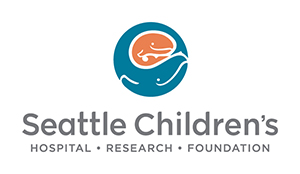
As parents who love our kids and want to protect them, it’s our duty to equip them with information and reasons to stay away from drugs and alcohol. Honest, open conversations help our kids develop the attitudes, skills and confidence needed to make smart choices — even when their peers do not.
This excerpted post was originally published on the Seattle Children's website.
Q. When should we start these conversations?
For most kids, around fourth or fifth grade is appropriate — or even earlier, if the situation feels right. Then, as kids move into middle school, these talks can become more detailed, and more frequent. Talking about marijuana is a good place to start. Because it’s legal for adults in Washington, marijuana is easy to get. And unfortunately, some forms of marijuana — vaping and edibles in particular — are quick and simple to ingest. They’re also easy to conceal, both at home and at school. Start your discussion by learning what your child knows. Do they know marijuana is illegal for anyone under age 21? Do they understand that it’s addictive? While no one ever expects to become addicted, kids who start using marijuana before age 14 are four times more likely than others to become addicted by adulthood. The only sure way to prevent addiction is to never try it in the first place.
Keep in mind that you’re not lecturing. You’re sharing knowledge and ideas. Help your child practice saying no. Role-play social situations where they’re offered drugs or alcohol, and what they can say to strongly refuse. Be sure they know it’s okay to walk away from any situation — and call you for a ride, or help getting one, if needed.
It’s also important to be clear about your expectations. The message can be as simple as “We want you to do well in school, stay healthy and have lots of opportunities now and in the future. Dependence and addiction have the power to ruin your entire life. That’s why we have a family rule against you even trying drugs and alcohol.”
Of course, it’s vital that parents themselves model healthy coping skills. And everyone on the parenting team must be consistent with rules and messages, even if they live in separate households.
By using our influence in a positive way — and keeping the conversations going — we can help our kids chart their course and pursue their dreams.
Visit StartTalkingNow.org to learn more.











